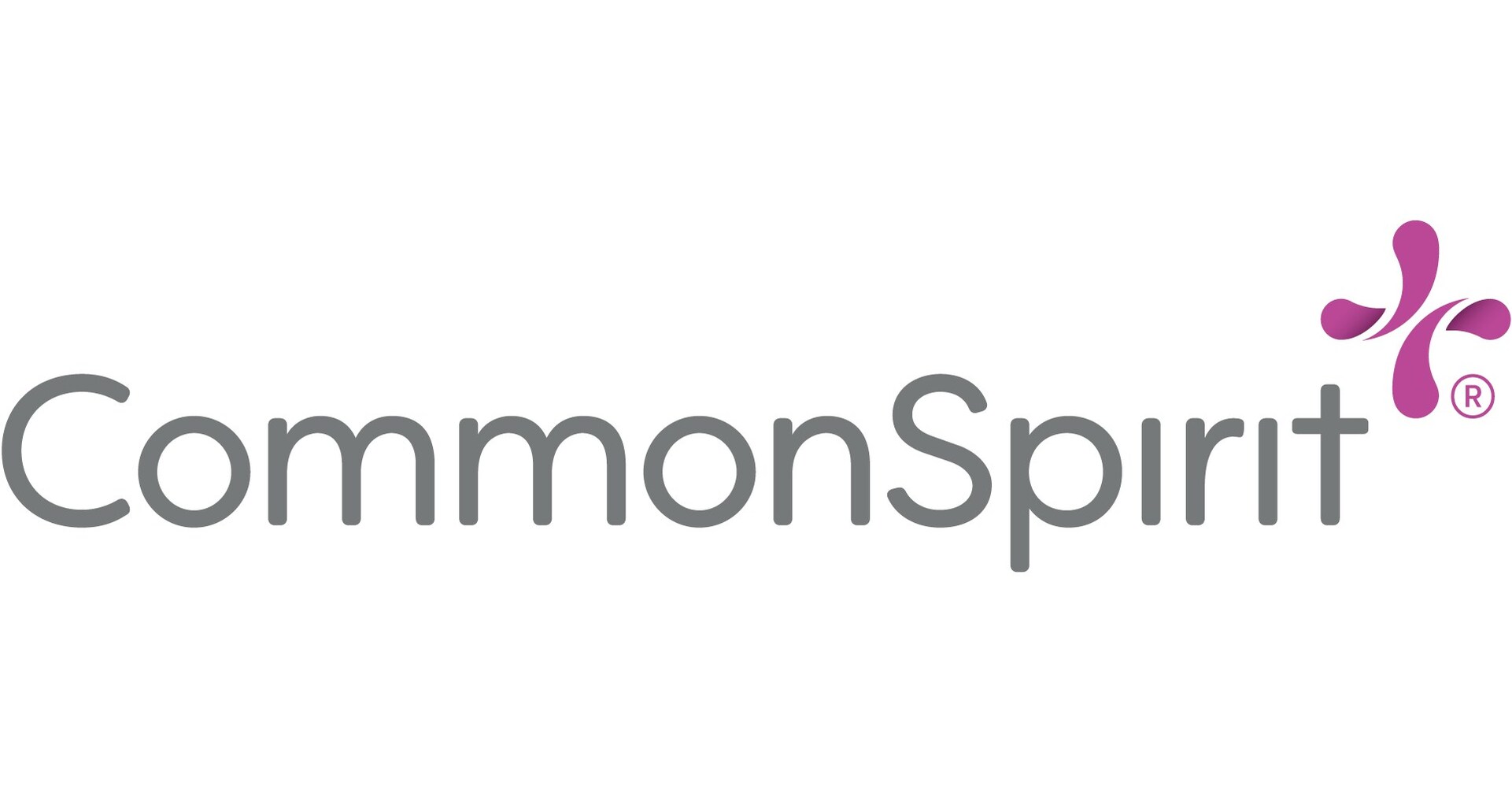The full interactive map analysis can be found here. To figure the increase estimates, Cotter said KFF:
- Analyzed insurers’ initial rate filings for ACA Marketplace plans in all 50 states and D.C. to estimate how much insurers had proposed increasing their premiums for 2026.
- Calculated what a person (for a specific age, income, family size, and county) would have to pay with and without the enhanced premium tax credits.
- Analyzed IRS data for 2026 that restricts the maximum an individual would have to pay, at a certain income and family size, for a Benchmark plan without the enhanced premium tax credits;
- Attributed the county-level details to a congressional district level weighted by county-level enrollment.
Cotter found that a 60-year-old couple in the 3rd Congressional District who makes $85,000 would see their monthly ACA premium payment jump 434% – turning their $602 monthly payment to $3,216, if the enhanced tax credits expired. Similar sticker shock could happen in the 1st and 2nd Congressional Districts. According to Cotter’s analysis, monthly premium payments with enhanced subsidies for an average 60-year-old couple could jump to $2,988 (396%) or $2,858 (375%) in CD1 or CD2, respectively.
When considering a 40-year-old Nebraskan who makes $32,000, rates would jump from $58 to $180 a month across all congressional districts in Nebraska.
Nebraska isn’t alone in seeing potential increases. With ACA enrollment hitting a record 24 million this year, Cotter estimates around 20 million people are benefitting from the lower monthly payments, with much of the program’s growth coming from individuals living in Republican districts.
“80% of all premium tax credits went to ACA Marketplace enrollees in Trump-won states,” Cotter said. “About 7% of Nebraska’s population is covered by the ACA.”
While nearly every Nebraskan enrolled in the health insurance program would see an increase to their monthly payment, Nebraskans living above the poverty line would see more drastic jumps. Cotter said this could include farmers or small-business owners. And since small-business owners with fewer than 50 employees aren’t mandated to provide health insurance, it could affect many small shop employees.
“A lot of retirees, 50- to 64-year-olds who are making a little bit over the poverty level are the people who are going to see really big impacts,” Cotter said.
Congressman Smith, who’s represented the mostly rural 3rd Congressional District for nearly 20 years, told Nebraska Public Media News that a shortfall of the Affordable Care Act is the ever-increasing premium charges, which he said, puts the fiscal burden on taxpayers.
“We must focus on increasing competition and flexibility within the health care marketplace to actually drive down costs rather than paper over the problem with endlessly increasing amounts of taxpayer dollars,” Smith said in a statement.
Some Republicans argue the program deserves a closer examination, citing enrollment fraud. The U.S. Centers for Medicare & Medicaid Services published a news release this summer that claimed more than three million Americans had “duplicative enrollment” in government health care programs, potentially causing billions in misspent money. However, nonprofit health organizations, like KFF and the American Hospital Association, have said some claims of fraud are misleading.
Tax credit opponents also argue the price tag is too big to keep the enhanced tax credits around. The Congressional Budget Office estimates that permanently extending the enhanced credits would increase the federal deficit by $350 billion from 2026 to 2035. It estimates that enrollment could grow from 24 million enrollees to 3.8 million in 2035.
Senator Pete Ricketts likened the Democrats’ strategy to holding “rural Nebraskans’ health care hostage.” Ricketts has religiously stuck with Republicans’ “Schumer Shutdown” branding. Similar language has appeared on the White House’s website and on top of federal agency websites.
In an interview with Nebraska Public Media News earlier this month, 1st District Congressman Mike Flood said he’s open to extending the enhanced tax credits but now isn’t the time to have that discussion.
“We can do that,” Flood said. “In fact, we are going to do that because we have to deal with the budget by Nov. 21. That’s where all of this should come.”
But some state insurance officials told Politico last week that the longer lawmakers wait to extend the credits, the more challenging it could be to update rates before ACA enrollees start considering their coverage plans on Nov. 1.
Cotter expects some Nebraskans could drop their health insurance coverage altogether if premiums push a family’s budget. But that could lead to other side effects when people without health insurance suddenly need care.
“The cost of health insurance is incredibly expensive, but there are costs of not having an insured population as well,” Cotter said. “If there are people who are uninsured and they’re showing up in the emergency room, they’re not getting preventative services, then those costs may get back to the rest of us. If hospitals have to keep paying for uninsured individuals, then they’re going to raise their rates on everything.”
More about how the federal shutdown is impacting Nebraskans:
Nebraska Democratic Party chair discusses federal shutdown
Nebraska congressional members call for end to government shutdown as it enters second week
US Rep. Mike Flood discusses federal shutdown, Farm Bill
Congressional delegation weighs in as shutdown takes effect
Rep. Mike Flood says spending compromise unlikely before government shutdown deadline
link






More Stories
Democrats Blocked GOP Measure to ‘Lower Premiums by Nearly Double’
Here’s How Much Obamacare Prices Are Rising Across the Country
Mississippi faces potential health insurance premium surge